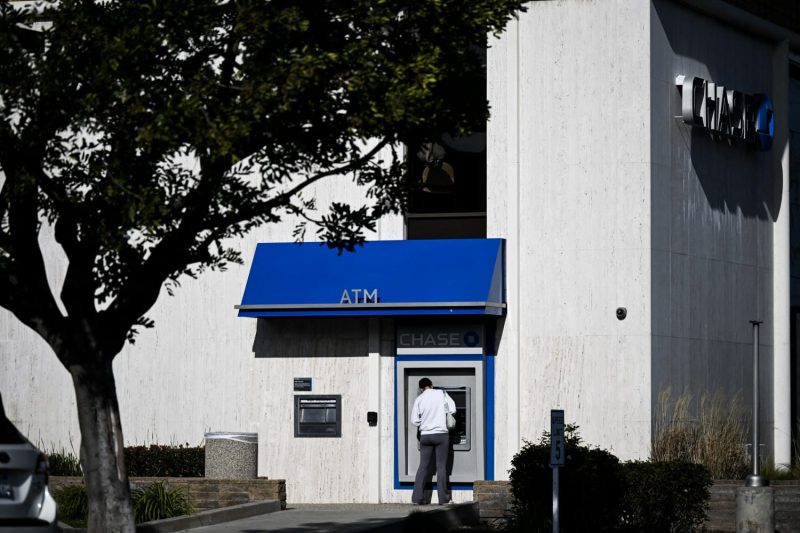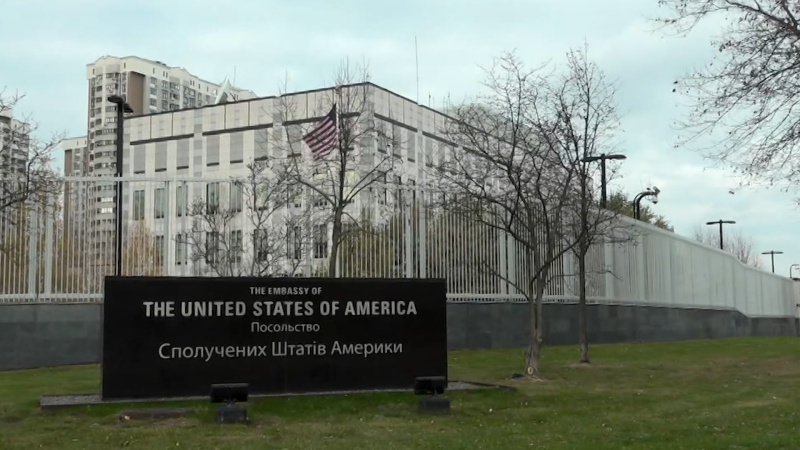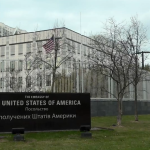JPMorgan begins suing customers who allegedly stole thousands of dollars in ‘infinite money glitch’
October 30, 2024
JPMorgan Chase has begun suing customers who allegedly stole thousands of dollars from ATMs by taking advantage of a technical glitch that allowed them to withdraw funds before a check bounced.
The bank on Monday filed lawsuits in at least three federal courts, taking aim at some of the people who withdrew the highest amounts in the so-called infinite money glitch that went viral on TikTok and other social media platforms in late August.
A Houston case involves a man who owes JPMorgan $290,939.47 after an unidentified accomplice deposited a counterfeit $335,000 check at an ATM, according to the bank.
“On August 29, 2024, a masked man deposited a check in Defendant’s Chase bank account in the amount of $335,000,” the bank said in the Texas filing. “After the check was deposited, Defendant began withdrawing the vast majority of the ill-gotten funds.”
JPMorgan, the biggest U.S. bank by assets, is investigating thousands of possible cases related to the “infinite money glitch,” though it hasn’t disclosed the scope of associated losses. Despite the waning use of paper checks as digital forms of payment gain popularity, they’re still a major avenue for fraud, resulting in $26.6 billion in losses globally last year, according to Nasdaq’s Global Financial Crime Report.
The infinite money glitch episode highlights the risk that social media can amplify vulnerabilities discovered at a financial institution. Videos began circulating in late August showing people celebrating the withdrawal of wads of cash from Chase ATMs shortly after bad checks were deposited.
Normally, banks only make available a fraction of the value of a check until it clears, which takes several days. JPMorgan says it closed the loophole a few days after it was discovered.
The other lawsuits filed Monday are in courts including Miami and the Central District of California, and involve cases where JPMorgan says customers owe the bank sums ranging from about $80,000 to $141,000.
Most cases being examined by the bank are for far smaller amounts, according to people with knowledge of the situation who declined to be identified speaking about the internal investigation.
In each case, JPMorgan says its security team reached out to the alleged fraudster, but it hasn’t been repaid for the phony checks, in violation of the deposit agreement that customers sign when creating an account with the bank.
JPMorgan is seeking the return of the stolen funds with interest and overdraft fees, as well as lawyers’ fees and, in some cases, punitive damages, according to the complaints.
The lawsuits are likely to be just the start of a wave of litigation meant to force customers to repay their debts and signal broadly that the bank won’t tolerate fraud, according to the people familiar. JPMorgan prioritized cases with large dollar amounts and indications of possible ties to organized crime, they said.
The civil cases are separate from potential criminal investigations; JPMorgan says it has also referred cases to law enforcement officials across the country.
“Fraud is a crime that impacts everyone and undermines trust in the banking system,” JPMorgan spokesman Drew Pusateri said in a statement to CNBC. “We’re pursuing these cases and actively cooperating with law enforcement to make sure if someone is committing fraud against Chase and its customers, they’re held accountable.”









